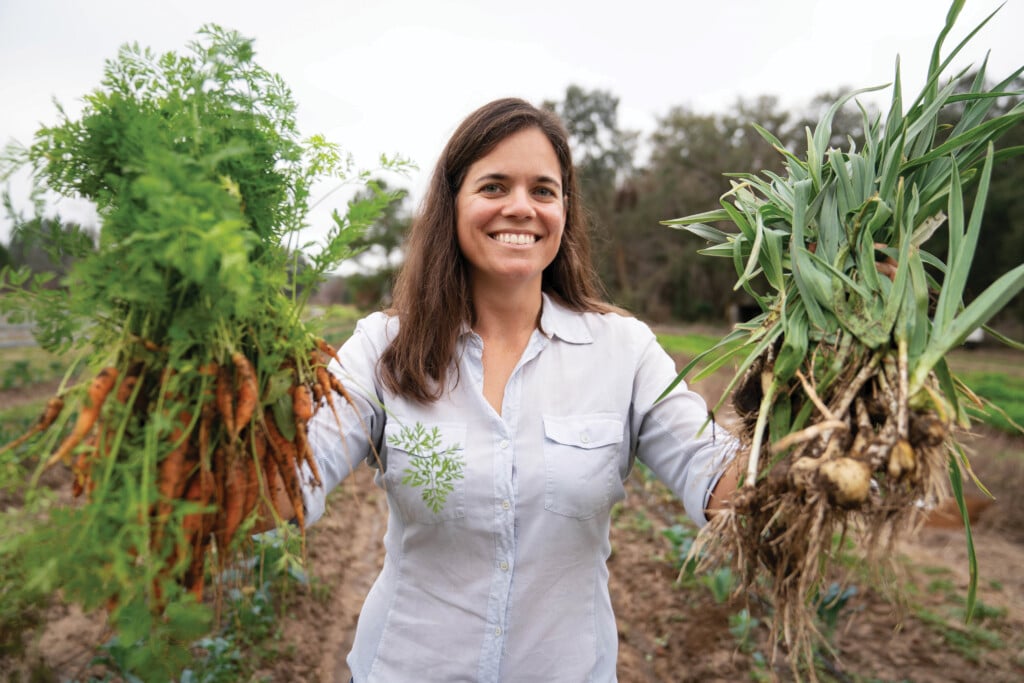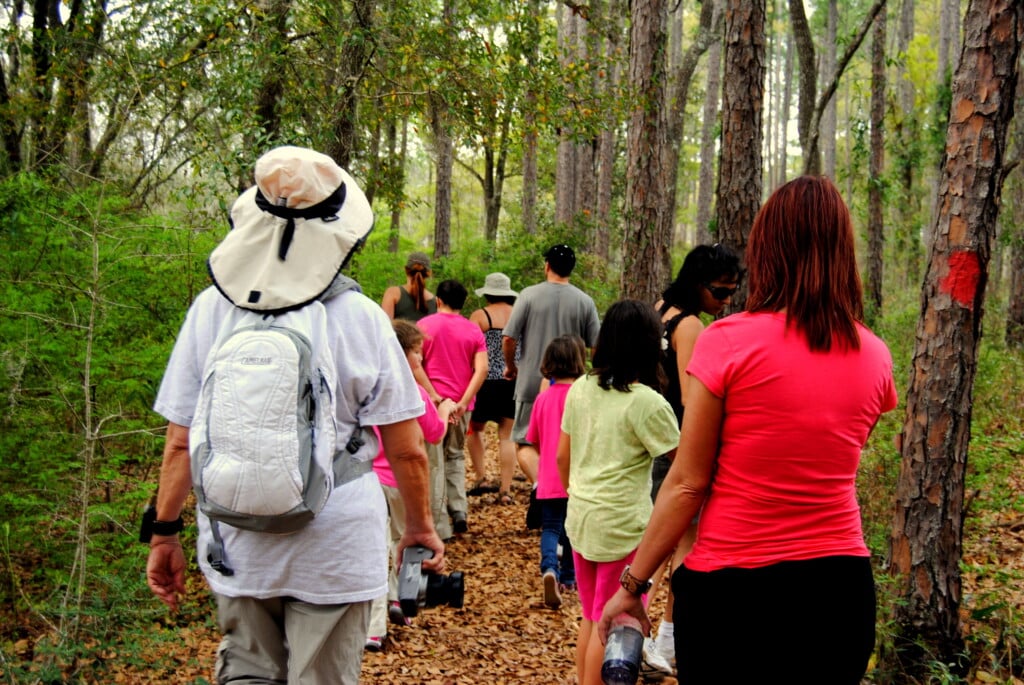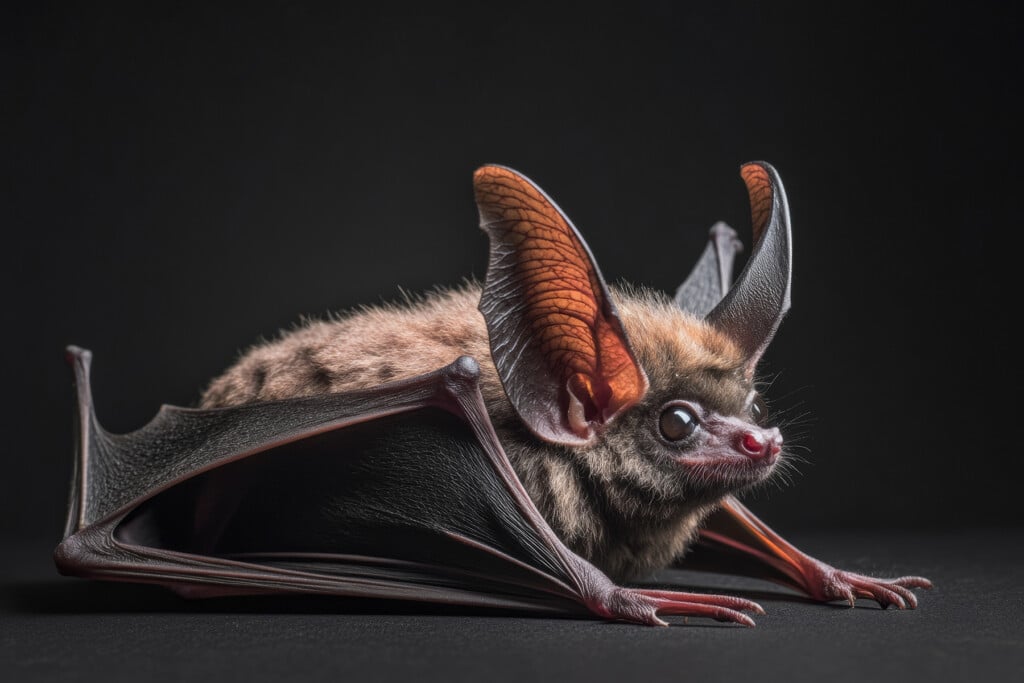Farming by Phipps
Organic, sustainable farming in the heart of Red Hills

Imagine a Saturday afternoon in early May, driving with the windows down up canopied North Meridian Road. You’ve taken your daily antihistamine, so you smell the sweet spring air with reckless abandon. The scent of basil, strawberries, and tomato leaf fill the car as you approach Orchard Pond Farm.
The farm is owned by Mary and Jeff Phipps. Jeff’s family bought the land back in the 1920s, keeping it as conservation land until Mary and Jeff took over a portion and turned it into an organic garden in 2008. Part of their motivation was to expose their children (their eldest was just 6 months old when they started the garden) to healthy, locally produced food. What began as a community garden and CSA (community supported agriculture) gradually evolved into a 30-acre organic farm with a commercial kitchen, apiary, and farm store.
While most have heard of organic farming, few have insight into the immense effort that goes into true sustainable, organic farming. “Farming is hard,” says Mary. “There are so many different things you have to deal with every year, so it [sustainable, organic farming] is more labor intensive. But it’s a lot better for you and better for the environment.”
Orchard Pond was able to be USDA-certified organic from its advent, as the land had never been conventionally farmed before. (Previously farmed land requires a mandatory three-year waiting period before being able to be certified organic.) In addition, their soil is minimal till. Tilling is a process that turns over and aerates the soil to prepare it for better air and water penetration to create a suitable seedbed. Over time, however, too much tilling can lead to issues with erosion, nutrient runoff into waterways, and increased greenhouse gas emissions.
“We do a lot of composting [and] things that build the soil, like cover cropping, crop rotation—we don’t plant the same thing twice in the same area,” explains Mary. “We also try to deal with pests and bugs in organic ways, like with companion planting.” This is a practice where you plant one type of plant near another to deter pests, i.e. basil and tomatoes. Basil repels certain species of flies and aphids that like to eat tomatoes.
Orchard Pond’s flagship products include honey, pesto, and granola. Their honey comes from their own apiary and is additionally sourced from other beekeepers nearby. “We have some beekeepers who will bring their hives here for part of the year,” Mary explains. “It’s good for pollination.” Their tupelo honey is made from bees kept on-site for part of the year but then taken to roam the white tupelo trees along the Apalachicola River while they are in bloom during April and May. All Orchard Pond honey is raw and unfiltered to maintain its various health benefits.
The pesto is nut- and dairy-free and absolutely delicious. It comes in classic basil, kale, spinach, or arugula and is made with sunflower seeds instead of the traditional pine nut. Orchard Pond also distributes olives, olive oil, fruit roll-ups, beef jerky, and chimichurri. Their high-quality olives and oil are sourced from an organic farm in Greece; however, they do have about a hundred olive trees on property and are hoping to produce their own in the next few years.
Their fruit roll-ups have only three ingredients: strawberry, kale, and honey. The mixture is blended and dehydrated overnight for a plucky and sweet snack with undetectable kale. This organic snack is toddler approved, as my daughter ate both rolls in one sitting.
If you’d like to see the farm for yourself, Orchard Pond hosts group farm tours and class field trips. The tours include a walking tour of the farm, a seasonable activity, and honey tasting. Educating people about where their food comes from is a key part of the Phipps family’s mission. Community service is another aspect and includes such initiatives as making produce bags for residents at a local senior center.
Orchard Pond also hosts yearly u-picks. These happen in late April/early May, depending on when the strawberries come in. The strawberry u-pick is priced per pound, and the wildflowers are “all you can pick” for $10.
Their label—a deer with large antlers adorned with wildflowers, an owl, quail, and rabbit—is striking. “Our logo was drawn for us by a woman in New Orleans,” says Mary. “We told her we wanted some of the flowers and animals that are found around here, and she sketched it right up.”
You can find their distinctive label and products in various restaurants, stores, and coffee shops in Tallahassee. They can also be found in many North Florida Publix locations and Whole Foods Markets throughout the state. Their farm store is open Wednesday through Friday 11 a.m. to 5 p.m. and Saturday from 9 a.m. to 4 p.m. It features their products as well as fun finds from other local producers. You can regularly find Orchard Pond produce and products at the Tallahassee Farmers Market and the Red Hills Online Market.




